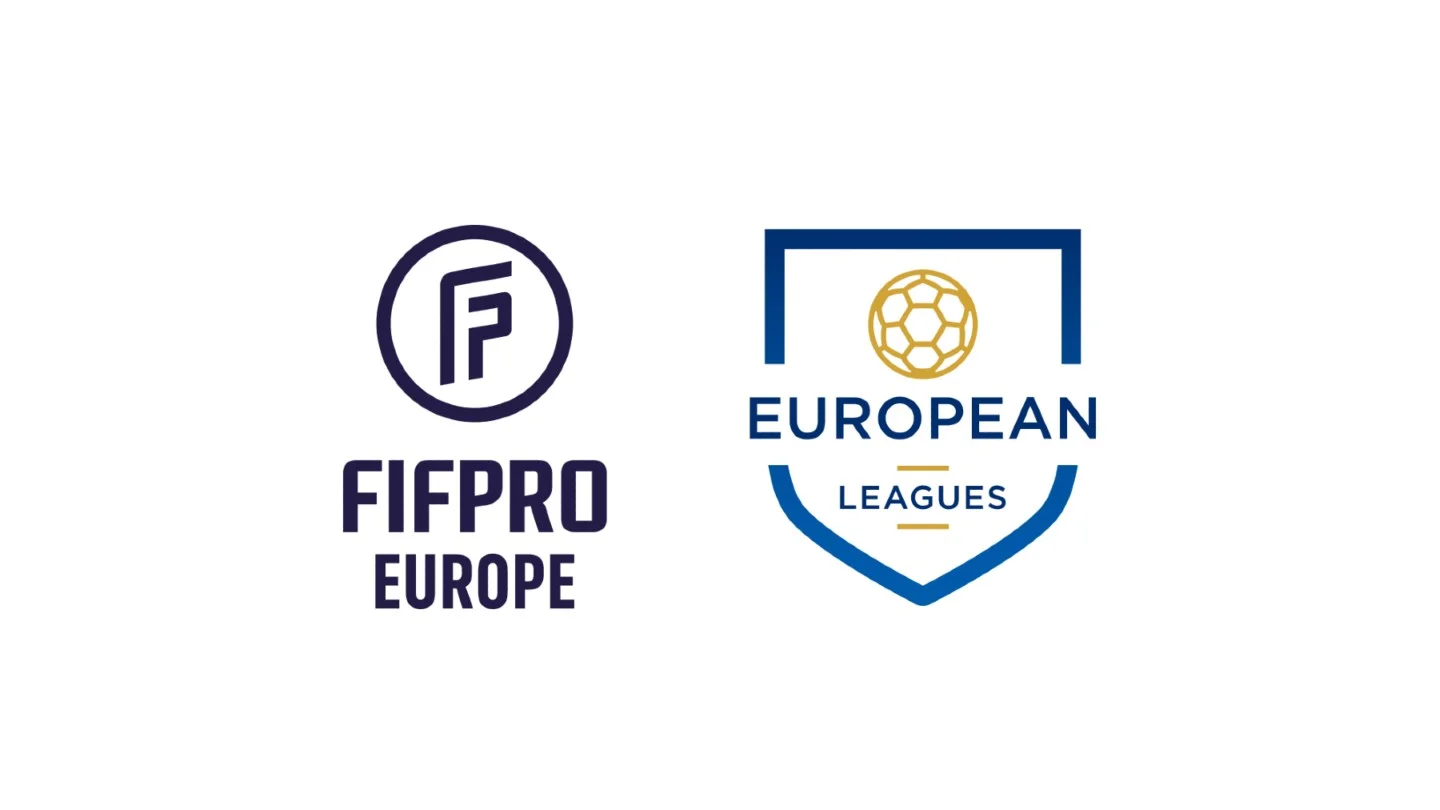Global players’ union FIFPro, in collaboration with Europe’s domestic leagues, filed a formal complaint against FIFA with the European Commission in Brussels on Monday, escalating the ongoing debate over football’s scheduling.
The decision to take legal action was agreed upon by the boards of FIFPro and European Leagues, which represents clubs in over 30 countries, back in July. While the complaint may not have come as a surprise to FIFA, it underscores the increasing vulnerability of the organization’s authority in the sport.
At a press conference in Brussels, leaders from players’ unions in France, Italy, and Norway stood alongside representatives from the Belgian, English, and Spanish leagues. They emphasized that their goal is not to undermine FIFA or seek financial damages but to ensure meaningful consultation on the match calendar and other important issues.
“FIFA refuses to listen and engage with the players, who are the main labor resource in our industry, pushing their bodies to the limit,” said FIFPro Europe President David Terrier. “Players have long expressed that they are overworked and lack adequate recovery time. Many have now chosen to speak out publicly, stating: enough is enough.”
La Liga President Javier Tebas, a vocal critic of FIFA, echoed these sentiments, stating that the unions and leagues are united in their efforts to protect national competitions and their players. “By introducing new formats and expanding competitions unilaterally, FIFA is acting solely in its own interest, neglecting the damage it causes to the entire football ecosystem,” he said.
Concerns have been raised regarding FIFA’s new Club World Cup. This challenge follows FIFA’s previous legal troubles regarding caps on player agents’ commissions and a ruling from the European Court of Justice that restricted international federations’ ability to block new market entrants.
Last week, FIFA faced another setback when some of its rules on the international transfer system were deemed non-compliant with EU competition law after a nine-year legal battle initiated by former player Lassana Diarra.
While FIFA is optimistic about resolving these issues, the coalition of critics regarding the international match calendar is unprecedented. Tensions intensified when FIFA unilaterally expanded the men’s World Cup from 32 to 48 teams for the 2026 tournament. However, the catalyst for the current dispute was the creation of a 32-team Club World Cup.
The inaugural tournament is set to take place in the United States from June 15 to July 13, 2025, which means many top players will face an extended season with increased match loads and minimal recovery time before the following season concludes with the expanded World Cup.
Players such as Liverpool goalkeeper Alisson, Manchester City’s Kevin De Bruyne and Rodri, and Real Madrid’s Kylian Mbappe have voiced concerns about fatigue and the heightened risk of injury. Their recent injuries and game absences due to workload management emphasize the validity of their warnings.
FIFA has yet to respond to the formal complaint but has consistently minimized the impact of its new tournaments on player workload, claiming it is responsible for only a small portion of the total games played each season. FIFA also asserts that it is the only entity in football that redistributes its earnings to promote global growth in the sport.

